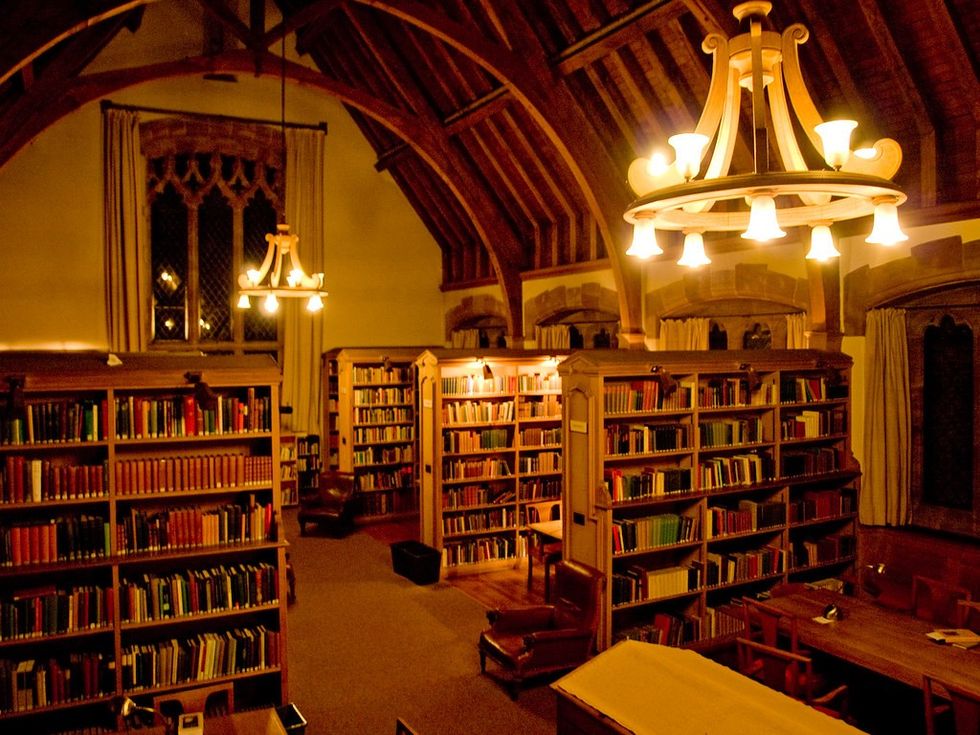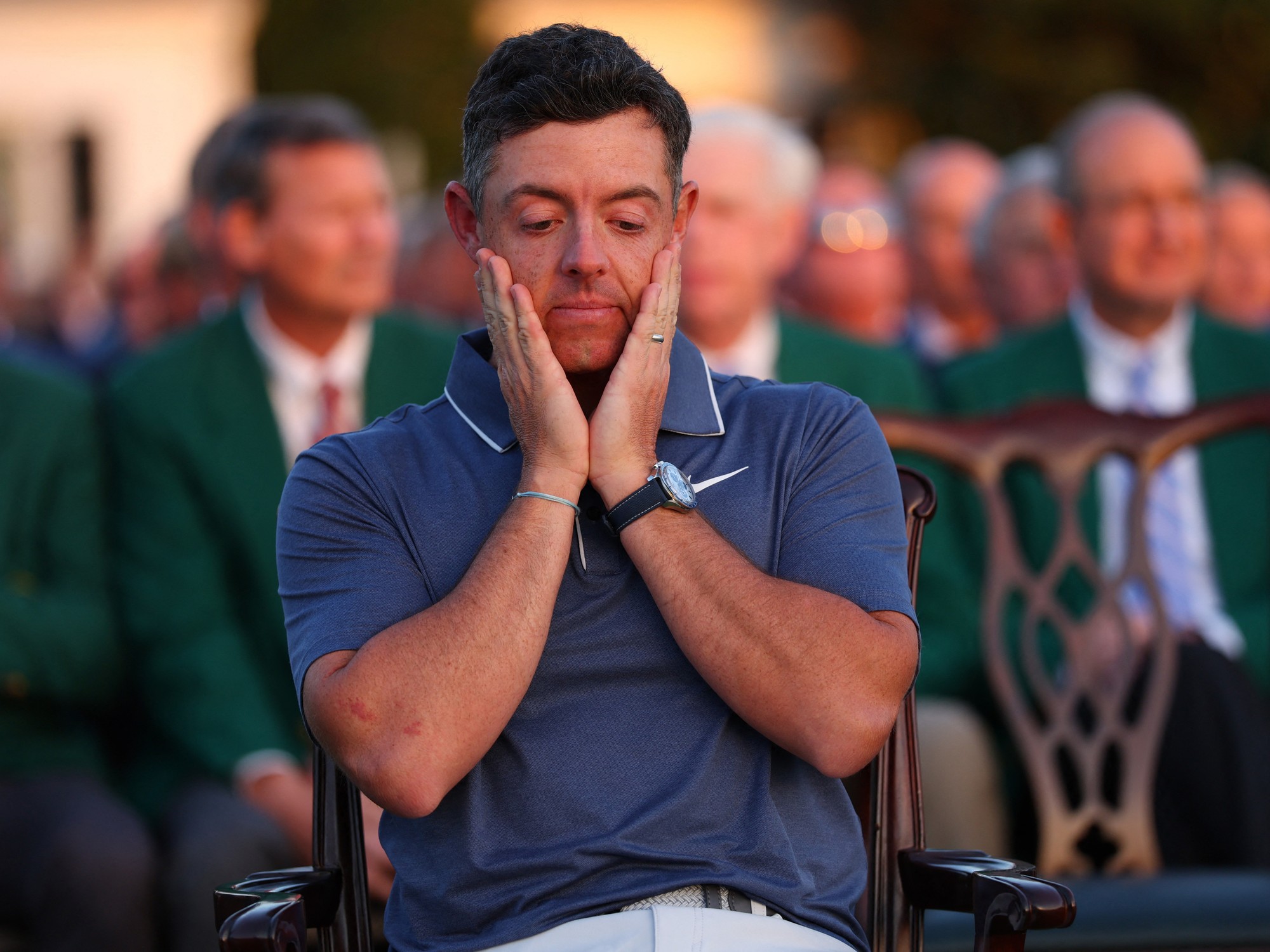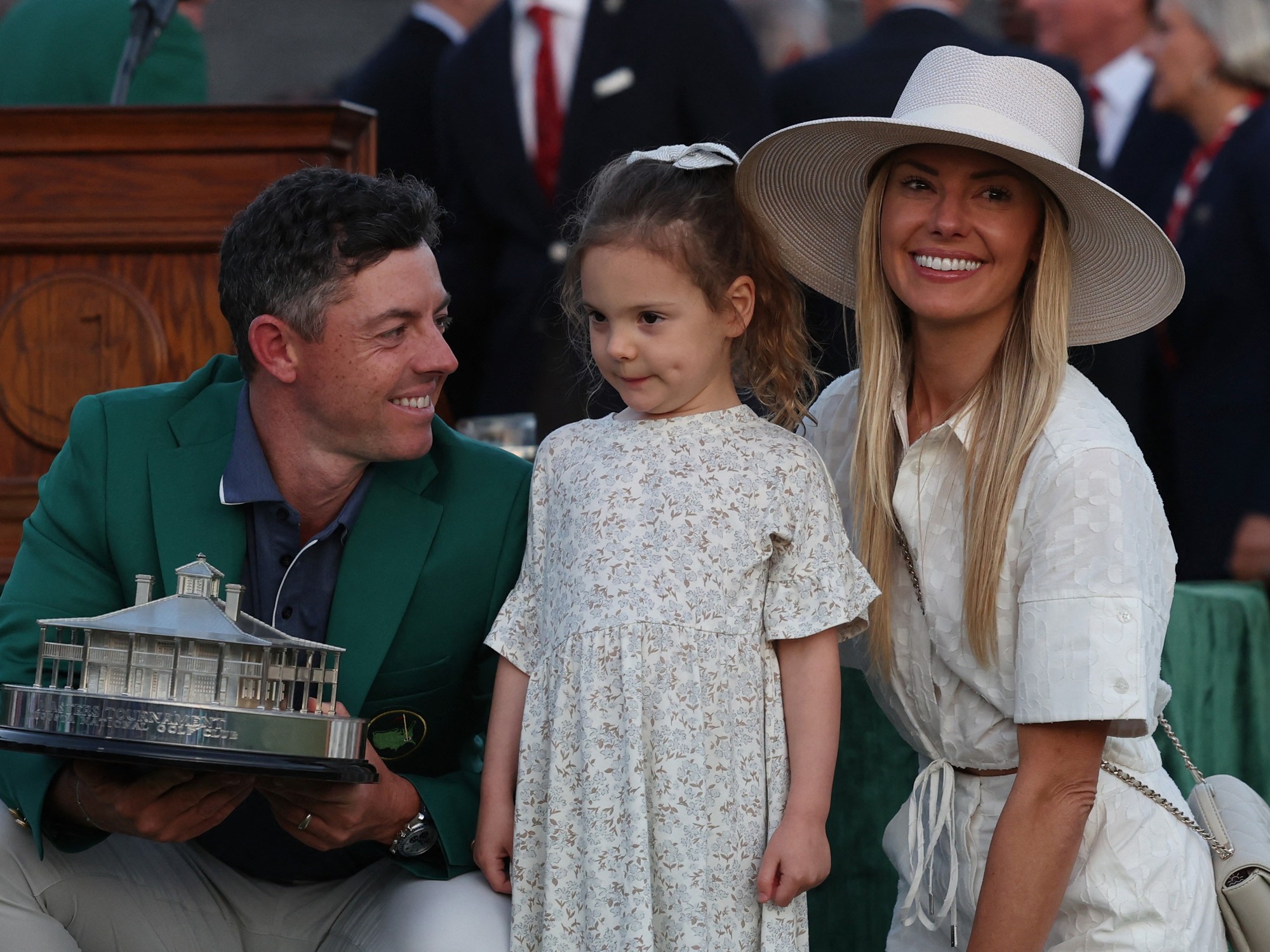The library is asking lecturers to blacklist books that might be “offensive/harmful” so librarians can compile a list
PA
The University Library is asking staff to flag 'problematic' books
Don't Miss
Most Read
Trending on GB News
The University of Cambridge is reportedly asking staff to flag books deemed as “problematic”, in a move described as “sinister”.
The library, with over 10 million books, is asking lecturers to blacklist books that might be “offensive/harmful” so librarians can compile a list.
A note sent to colleges by the University Library sets out plans to forge guidance on how to deal with potentially problematic books.
“We would like to hear from colleagues across Cambridge about any books you have had flagged to you as problematic (for any reason, not just in connection with decolonisation issues), so that we can compile a list of examples on the Cambridge Librarians intranet and think the problem through in more detail on the basis of that list,” a message seen by the Sunday Telegraph said.
WATCH NOW: Are universities discriminating against white working-class students?
The note also encouraged those who have similar measures in place in their individual college libraries to send over any details to a “decolonisation” email address.
Pembroke College told staff in an email last week: “The University Library is currently compiling examples of offensive/harmful books and has asked me to circulate [this].
“The intention is to put together some guidance for supporting librarians obliged to work with such materials, as well as working to better support readers.”
One of the flagged books is understood to be written by an ethnic minority author.
CANCEL CULTURE NEWS:
However, the Library refused to reveal which books when asked by the Telegraph.
The move has triggered a wave of backlash as some worry it sets a dangerous precedent and discourages free debate.
Some academics have slammed the decision for being a wider part of a “sinister” decolonising drive.
Dr James Orr, a lecturer in divinity at Cambridge, said that “research libraries should not be joining the culture wars”.

Some academics have slammed the move
Flickr
“Creating an index of books that are problematic for one side of an issue – one about which both academics and the public profoundly disagree – would be a sinister development. It would undermine the University Library's justified reputation as one of the finest institutions of its kind in the world,” he continued.
Prof David Abulafia, a leading historian at Gonville and Caius College, said: “Identifying books because they are seen as problematic itself has a very problematic history – witness bibliographies in the Nazi period where books by Jewish authors are marked with a star.
“It is absolutely not the task of librarians to sit in judgment, least of all in a university where they don’t do any of the teaching and where it is vital to promote free debate.”
A spokesperson for the University Library rejected the claims, stating: “[We] do not censor, blacklist or remove content unless the content is illegal under UK law.
“We engage in dialogue with colleagues to help us continue to have open and honest discussions with readers about what we collect and why.”








